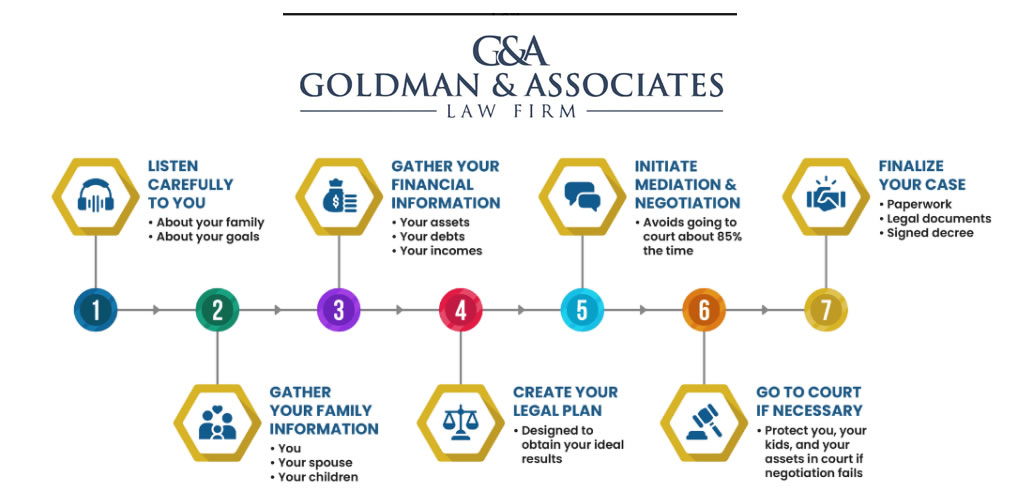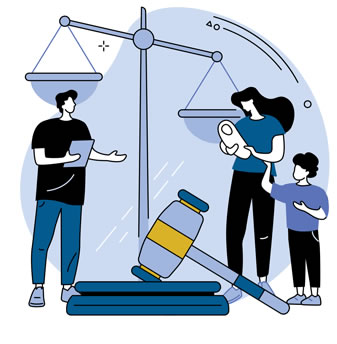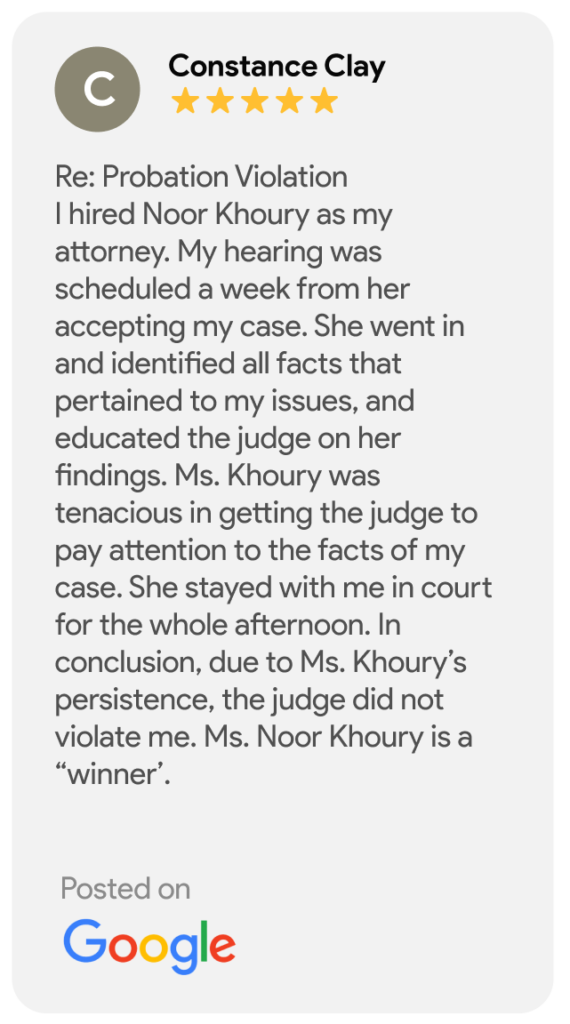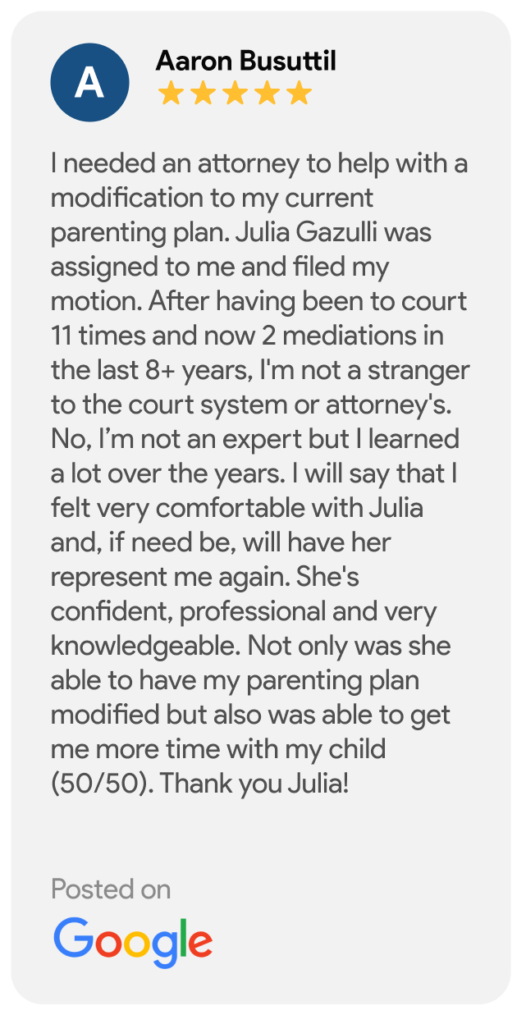Divorce Attorney Michigan
Our Michigan Attorneys have been successfully helping clients achieve the best legal outcomes possible for more than twenty years. We are dedicated to providing only the best to our clients and we’re happy to offer a free legal consultation to help ensure that you know we’ll always fight for your rights. Our team of legal experts is dedicated to not only protecting your livelihood, but also to ensure your future. If you’re struggling with a legal matter relating to criminal, personal injury or family law, our law firm can help you receive the legal assistance you deserve.
To make sure you understand your rights and obligations, we encourage you to contact Goldman & Associates MI statewide law firm located in the metro Detroit area today to get your free phone consultation with our expert attorney. Don’t put off your legal matter any longer—we can produce the outcomes you’re looking for to put your life back on track. Get legal advice from our Legal Counselors and call our 24/7 toll-free phone number at (877) 737-8800.
Our YouTube Channel
Our Google Reviews
Contact us Today For A Complimentary Phone Case Evaluation
Call us 24/7 at (877) 737-8800 or click here to schedule a time for your legal consultation.
We Are Here To Help!
How We’re Different From Other Michigan Family Law Firms
Choosing us to represent you will help to eliminate as much of the stress, strife and other collateral damage that may occur to your family by working with other, less experienced law firms.
Peace of Mind: We remove the uncertainty and fear associated with divorce by providing professional, compassionate and affordable family law services.
Collaboration and Education: You don’t want an attorney to bark orders at you and not explain what’s going on. Count on us to guide and educate you through the uncertainty and confusion of the legal process. This helps to remove your fear and helps empower you.
Constant Communication: Communication between clients and attorneys leads to the best results in divorce. Our proven system is designed to maximize client communication and lead to the ideal results our clients are looking for.
“Our goal is to remove the fear associated with divorce and custody issues – and protect you by helping to maximize your time with your kids and your money, all within 3-6 months.” – Akiva Goldman

Shepherding You Through the Challenge of
When the Law Meets a Broken Marriage
 No one enters into a marriage thinking it will end in divorce, but unfortunately, divorce happens. If you’re having marital problems and are faced with the reality of a broken marriage, you will need to make some very difficult decisions. One of those decisions may be whether or not to seek legal counsel for a divorce.
No one enters into a marriage thinking it will end in divorce, but unfortunately, divorce happens. If you’re having marital problems and are faced with the reality of a broken marriage, you will need to make some very difficult decisions. One of those decisions may be whether or not to seek legal counsel for a divorce.
Seeking legal representation is not always necessary, but because divorce is a legal-matter, there are some key legal aspects that you should be aware of.
There are specific laws that will govern how your divorce is handled in the state of Michigan. Experienced divorce attorneys will be familiar with those laws and rules, as well as the judges and commissioners who interpret those laws and rules, and can help you navigate the divorce process.
There are a few different ways to get divorced in Michigan. The most common way is to file a divorce petition with the court. In order to do this, one of the spouses must have been a resident of Michigan for at least three months. The divorce petition will state the grounds for divorce and ask the court to dissolve the marriage.
If both spouses agree on all of the terms of the divorce, they may be able to complete it without going to court. This is called an uncontested divorce. An attorney can provide the legal assistance to file the necessary paperwork and make sure that everything is done correctly.
 If there are disagreements about some of the terms of the divorce, the divorce will be considered contested. In a contested divorce, the spouses will have to go to court and argue their case in front of a commissioner or judge. This can be a long and expensive process, and it is almost always best to seek legal representation if things start to get contentious.
If there are disagreements about some of the terms of the divorce, the divorce will be considered contested. In a contested divorce, the spouses will have to go to court and argue their case in front of a commissioner or judge. This can be a long and expensive process, and it is almost always best to seek legal representation if things start to get contentious.
If your legal team knows what they are doing, the first thing they will do is help you understand the laws and legal issues that will govern your divorce. Your lawyer will also help you negotiate any disputes with your spouse and advise you on the best way to resolve your case so you obtain the goals you’re looking for. If litigation is necessary, an attorney will represent you in court and make sure that your interests are protected.
We’ve Created a Free Guide Called the Michigan Divorce FAQs.
This free guide will help to educate you about divorce in Michigan, help you navigate the legal matters, and help you make the best decisions for yourself and your family.
Divorce Attorneys Michigan
Our Proven-Process For Helping You
Through A Divorce in Michigan

Contact us Today For A Complimentary Phone Case Evaluation
Call us 24/7 at (877) 737-8800 or click here to schedule a time for your legal consultation.
We Are Here To Help!
Types of Divorce We Can Help You With
Our family law firm is devoted completely to divorce and family law matters. Here are some of the kinds of divorce cases we provide legal assistance for.
When You Need A Divorce Lawyer in Michigan You Can Trust…
We’re Here To Help You – Every Step Of The Way
With a longstanding track record of effectively addressing family law concerns throughout Michigan, our firm has garnered significant expertise and aided numerous clients over the course of several years. This signifies that we possess comprehensive insight into the very challenges you currently face, enabling us to provide tailored assistance for your unique circumstances.
- Divorce, including uncontested divorce and military divorce
- Child custody and visitation issues
- Child support and spousal support
- Mediation for divorce, child custody, and guardianship
We’re here to answer all your questions, allay your fears and provide you with the best options for your individual situation.
Contact us Today For A Complimentary Phone Case Evaluation
Call us 24/7 at (877) 737-8800 or click here to schedule a time for your legal consultation.
We Are Here To Help!
Common Questions About Getting a Divorce in Michigan

Common Questions About Child Custody Issues in Michigan

What Clients Are Saying…
Contact us Today For A Complimentary Phone Case Evaluation
Call us 24/7 at (877) 737-8800 or click here to schedule a time for your legal consultation.
We Are Here To Help!
Get A Legal Consultation With An Experienced Divorce Lawyer
While this website provides general information, it does not constitute divorce advice. The best way to get guidance on your specific divorce issue is to contact a lawyer. To schedule a divorce consultation with an experienced family law attorney in the state of Michigan please call or complete the intake form above.
The use of the internet (or this form) for communication with our law firm (or any individual member of the firm) does not establish an attorney-client relationship. Confidential or time-sensitive information should not be sent to our law offices through this form.

































